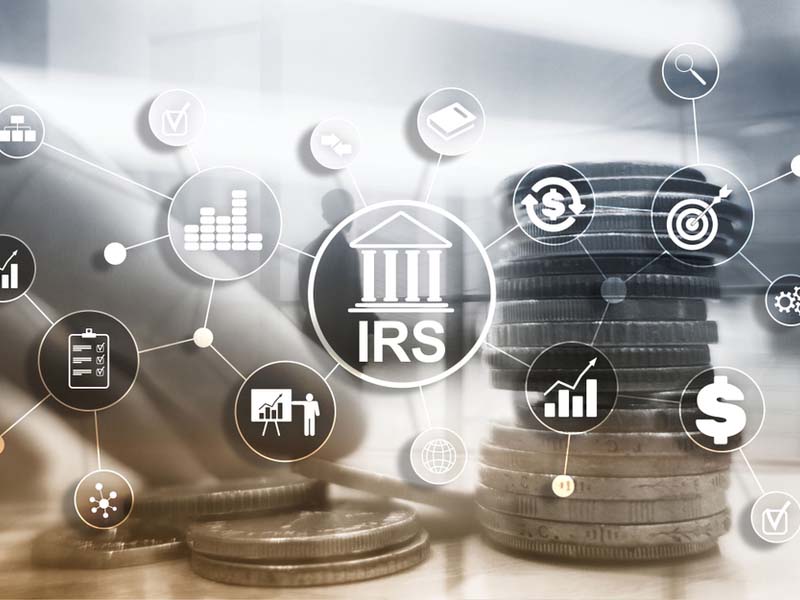The IRS has made many changes this year, including updates to the W-4 forms. These modifications have confused many Payroll/HR professionals and employees. The IRS has advised employers to educate the workforce on the new W-4 form.
A good tip for your company is to have your HR employees take some time and review the new W-4 to become more comfortable with recent adjustments. Your employees may have experienced many economic changes during 2020, like unemployment or performing side work that will impact their income tax liability.
As an employer, you should point your employees to the IRS’ withholding estimator. However, beforehand these are a few basic questions that they will likely have:
- Ensure they understand the company’s pay periods;
- Educate them on what a pay statement is; and
- Show them how they can use those pay statements to gather such information as their year-to-date withholding and their pretax health and retirement plan contributions.
Another thing you should have on hand is the 2020 form W-4s for employees who want to adjust their withholding for the rest of the year. It is important to realize that it is a busy time for the payroll department as they need to be preparing W-2s for employees and 1099 forms for their independent contractors. Unfortunately, the 1099 process for 2020 reporting will be more complicated while you are learning to use the brand-new form,
Form 1099-NEC, for reporting payments to independent contractors. However, the IRS is not entirely ditching Form 1099-MISC. This means you will have two different sets of 1099s to file. Keep this in mind and stay up to date with the payroll changes! Recently, we have noticed there are also many myths surrounding Form 1099-NEC.
Some of the myths that you must be aware of include:
- Every independent contractor gets Form 1099-NEC;
- Independent contractors who use the word “Company” in their letterheads do not need to be provided forms;
- Employees who perform side work for their employers always get 1099-NEC forms;
- Vendors who give company-provided prizes to employees are on the 1099-NEC hook;
- The only forms that can be used are the official IRS forms;
- and filing with the IRS satisfies state filing responsibilities.
Do not be tricked by these myths, and spend time learning about the proper process regarding Form 1099-NEC.
- Another important item is understanding ACA reporting. Some things you will need to know are
- who is required to file the forms, and which forms to file with the IRS;
- what the new deadlines for paper and electronic filing are;
- which employees should receive 1095s and 1094s;
- can you be penalized if an employee turns down your offer of health insurance; and
- many others.
It’s time to educate yourself and make sure you are on the right track for understanding ACA reporting. Did you know under the Affordable Care Act (ACA), applicable large employers (ALE) must offer 95% of their full-time employees affordable group health benefits providing minimum value? The ACA offers you various tests to determine whether you are an ALE and identify the employees who work full time.
For calendar year health plans, it is time to start thinking about testing for 2021. Determine whether you an ALE. The ACA only applies to ALEs, meaning those with at least 50 full-time equivalent employees on the payroll during the preceding year. Understanding the ACA Reporting Requirements will help you ensure you are compliant each step of the way.
- Learn the legally safe requirements from A-Z, to
- complete Forms 1095 and 1094;
- prepare for new IRS scrutiny;
- how to stay compliant now that the IRS is cranking up its enforcement of ACA reporting again, and
- avoid increased penalties.
File your ACA forms correctly and avoid the penalties that have already doubled for mistakes. It is crucial that you find out where your company falls with these guidelines.
You may also be wondering about tax reimbursements. We want to inform you that even with employees working from home, you can still use their business expenses to reimburse tax-free. However, you must know which employee expense reimbursements should be treated as tax-free for the company to pass the IRS check. Make sure you are doing your research on this.
Some of your research should include
- reimbursing employees for masks;
- which employee reimbursements should be treated as expenses and which as compensation;
- how to reimburse telecommuters for their home office expenses;
- which payments made to employees are subject to payroll tax; etc.
The most important thing is to become educated now on the new rules of employee expense reimbursements. Read more from the IRS on the Tax Reform Provisions that Affect Businesses.
Need Support Adapting to IRS Changes?
Revolutionary Solutions, LLC, understands that IRS changes can be stressful to unpack, especially at the end of the year. Getting educated is part of the solution. If you have any further questions regarding IRS changes that may affect your company, please reach out to our financial management professionals who can advise you and support you through these changes. Call us at (703) 815-6200 to set up a conversation.
Article by Brittney Floyd, Revolutionary Solutions, LLC.







